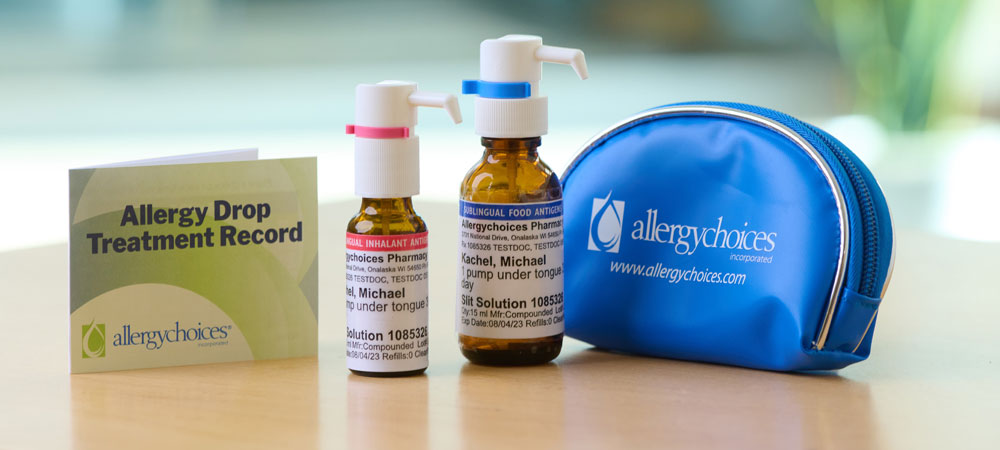Allergy Drops
Cooking to Outsmart Oral Allergy Syndrome
When fruits and veggies are at their freshest, some people start to feel mouth and throat itching and irritation after eating them. It’s due to a health phenomenon related to allergy, called Oral Allergy Syndrome (OAS), that can cause local reactions. Why does fresh produce cause symptoms, but cooked produce does not? Let’s find out.…
How Vertigo and Allergy Can Be Connected
Add vertigo to the list of conditions like eczema and IBS that can have a connection to allergy. More and more people are discovering that allergic triggers could play a role in their dizzy spells, especially when symptoms seem to flare with seasonal changes or exposure to certain substances. The good news is that if…
Why Your Eczema Might Flare Up This Summer
When you think of eczema, a lot of people think of the dry and scratchy skin that comes in the wintertime. But now, it’s the height of summer, and your symptoms are causing you a bunch of irritation and dread. Here are a few reasons you may be experiencing an eczema flare up, and what…
A Drought Can Make Your Allergies Worse
Environmental allergies are usually caused by plants like trees, weeds, and grass that thrive with sunshine, warm temps, and water. When they’re at their peak, they release pollen into the air, and when it’s breathed in, symptoms kick in. When pollen enters your system, some bodies interpret it as harmful and respond by releasing histamine…
Signs It’s Time to Break Up with Your Allergist
Allergy treatment isn’t one-size-fits-all, and if you’ve been sticking with a plan that doesn’t seem to be working, it’s okay to start asking questions. If you’re not getting the relief or support you need, it might be time to reassess if it’s time to break up with your allergist and find another immunotherapy option –…
What Can I Do to Manage Multiple Allergies and Comorbidities?
Our last two blogs dug into allergy comorbidities and how allergies can impact autoimmune diseases. The inflammation and immune response that occurs with an allergic reaction can cause a host of issues in the body – exacerbating allergy-related conditions and some autoimmune diseases. What can you do to feel better? There are two routes of…
Can Allergies Worsen Chronic Autoimmune Disease?
What role do allergies play in autoimmune conditions? Can allergies actually worsen other chronic conditions? Read more about their parallel connection, and how treating allergy may help reduce flare ups from autoimmune diseases. Relation between autoimmune conditions and allergy To understand how the two are connected, it helps to understand what allergies and autoimmune disease…
What are Allergy Comorbidities and How Do They Relate?
As if allergies aren’t enough to deal with, many people experience related conditions at the same time, and the two can impact one another. These are known as allergy comorbidities, and they can range from annoying to dangerous, depending on the severity of the allergy. What is a comorbidity? A comorbidity is the simultaneous presence…
How Can I Reduce My Allergies Naturally?
In 2024, people are questioning all the products, supplements, and medications they use daily, and for good reason. There are apps to scan skin care products for ingredients, labels claiming “sulfate free,” and ever-changing food ingredient labels. It’s smart to examine the medications you take every day, or every season, and see if there are…
Can allergy drops make you sleepy?
Allergy drop immunotherapy does not make you sleepy. Some allergy symptom-relievers, like Benadryl, list drowsiness as a side effect, so you need to be thoughtful about when you take them. But, disease-modifying treatment like allergy drops, or sublingual immunotherapy, does not – because the ingredients are simple. The only ingredients in allergy drops following the…










